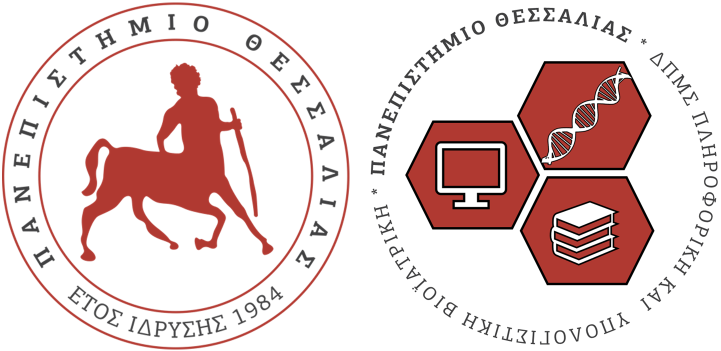The Career Office helps students and graduates learn about their future options. Students have the opportunity to attend workshops and seminars on training and CV writing.
By the end of 2022, 751 people had graduated from the MSc. Their distribution by direction is shown in the following Figure.

Figure 1. Distribution of Graduates by Direction
In a questionnaire completed by the graduates of the MSc. (*) we observe that the programme is attended by students of all ages (Figure 2). The distribution seems to be proprietary with a peak around 34 years and another around 48 years. Obviously the first one corresponds to young scientists who do not have many years who have completed A cycle studies and want to specialize more, while the second one probably corresponds to people with a lot of work experience highlighting the significant participation of people who are already in the professional field and trying to broaden their knowledge and enrich their CV.

Figure 2. Age distribution of graduates of the MSc.
It is important to note that students from all over Greece participate in the MSc, with most of them coming from central Greece (regions of Central Greece and Thessaly) and a large number of students from the capital (Figure 3).

It is of particular interest to link the background of students to the direction of the postgraduate course they choose to attend, and to which they are accepted. As we can see in Figure 4, in the specializaiton of “Informatics and Information and Communication Technology (ICT) in Education,” the vast majority are scientists with a background in the humanities, while in the field of “Computer Science with Applications in Security, Big Data Management, and Simulation,” most are graduates of computer science and polytechnic schools. Finally in the direction “Computational Medicine and Biology” we have roughly equal representation of scientists from the sciences, computer science and health sciences.

Figure 4. Linking the educational background of students with the direction of the Master’s degree they choose.
A number of graduates (13%) choose to pursue a doctoral thesis (Figure 5). 5) thus highlighting the academic focus of the programme. At the same time, 19% of graduates state that they have published or participated in scientific conferences (Figure 6) indicating that many acquire a strong academic interest during their time in the postgraduate programme. Finally, something particularly important that we see in Figure 7 is that in 18% of cases, the acquisition of a Master’s degree from the MSc seems to have changed the graduates’ job

Figure 5. Graduates who went on to complete a doctoral thesis.

Figure 6. Graduates who have published or participated in Scientific Conferences during the course of the MSc.

Figure 7. Graduates who have changed their field of work after completing the MSc.
Also of interest is the current employment status of the graduates of the MSc. In Figure 8 we observe that most of the graduates are working as permanent civil servants while only 2% are not working at the moment. In Figure 9 we see the distribution of graduates according to their job function. As expected, most (52%) work in education, but we also see several working in areas that are strongly linked to the other strands of the postgraduate programme, such as IT, health and research.

Figure 8. 98% of the graduates of the MSc. are working, while only 2% are not currently employed.

Figure 9. General Subject of Graduates’ Work
In Figure 10 the results are particularly encouraging as most graduates have a good or very good opinion about the level of studies offered by the MSc.We also note that the direction they have chosen does not affect their opinion as the positive opinions concern graduates from all directions.

Figure 10. General picture of graduates for the level of study of the MSc.
The vast majority of graduates (>80%) consider that their studies in the MSc have benefited them in their professional or academic career (Figure 11). This result is particularly important as it highlights the link between the programme and work.

Figure 11. Linking Studies in the MSc. with the Professional/Academic Path of Graduates.
Finally, as shown in Figure 12, 96% of graduates say they would be very or fairly likely to recommend the MSc to their friends or colleagues.

Figure 12. Percentage of graduates who would recommend the MSc to people they know.
(*) The questionnaire was sent electronically and completed anonymously by the graduates of the MSc. The questionnaire was completed during the period September-October 2022 and 712 MSc. graduates were consulted.The response rate was 41.4% (295 responses).
GRADUATE DISCUSSION GROUP AND CONTACT LIST (Google Group)
- 2-4 PAPASIOPOULOU STREET, LAMIA
- MSc Programme Secretariat: 3rd k.l.m. P.E.O. Lamia - Athens, 35100, Lamia, Tel: 22310 – 60225 60226
- icb[at]dib.uth.gr


